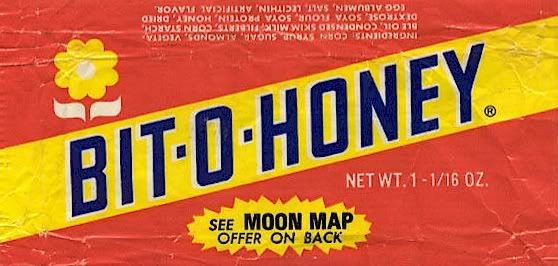 Dorchester beekeeper Leon Murphy of 202 Norwell Street expressed his concerns over next year's honey crop. Mr. Murphy's hives have so far survived the blight that has been ripping through bee stocks around New England but he is concerned that no matter how much extra care he takes of his charges they may not bring in the revenue they used to. He is afraid a number of factors beyond his control may collude to bring his sideline apiculture business to an unfortunate end.
Dorchester beekeeper Leon Murphy of 202 Norwell Street expressed his concerns over next year's honey crop. Mr. Murphy's hives have so far survived the blight that has been ripping through bee stocks around New England but he is concerned that no matter how much extra care he takes of his charges they may not bring in the revenue they used to. He is afraid a number of factors beyond his control may collude to bring his sideline apiculture business to an unfortunate end.Mr. Murphy pays his rent and other regular, monthly expenses changing tires at a shop on Blue Hill Avenue. For frivolities and nights on the town and philanthropic endeavors, he relies on the bees he keeps in his back yard and the honey they produce. He sells most of his honey either to a dealer who operates a farmers' booth at Copley Square, to the Saint's Diner in Codman Square, or by a lucrative deal he arranged a few years ago with the makers of Bit o' Honey candy through a Haymarket wholesaler.
We were at Saint's Diner on Washington Street enjoying pancakes drizzled with some of Mr. Murphy's home grown honey when he told me what was troubling him. He said, "I'm afraid the flower gardens won't be as expansive as they have been. With the economy and all, people won't be putting the top notch flowers in their beds. My bees visit gardens all over Dorchester, collecting the pollen and bringing it back to Norwell St. Sometimes they get as far as Roslindale or Milton or Southie, but their bread and butter is here in Dorchester, especially around Melville Avenue. If people aren't going in for expansive, expensive, fancy gardens next spring, I think my honey might suffer."
Leon Murphy explained the mechanics of honey production to me while we ate our pancakes but I won't bore you with the details here. In summary, he believes the mix of perennial and seasonal flowers unique to Dorchester allow his bees to produce a honey superior to most others on the open market. He told me, "A Swiss gent from Nestle came to my apartment two years ago to taste my honey. I dipped a McDonald's coffee stirrer into one of my kitchen window combs for him to take a taste. As soon as he put his tongue to the gold he called up my agent in Haymarket to seal the deal. He had a German accent and he said right where I could hear, 'Dis honey is sehr gut!' I've been getting a good price for everything I can harvest since then. I don't want that market to dry up."
I tried to cheer up Mr. Murphy by telling him not to believe everything he reads in the papers. The economy is sound. He didn't seem convinced when we shook hands and parted ways. "I hope you're right," he said, "I hope people still like pretty lawns next year. If I'm going to give to my church the way I have been, I'm going to have to sell more than a little bit of honey. I'm going to have to sell a whole lot. It will make a lot of kids happy."

No comments:
Post a Comment